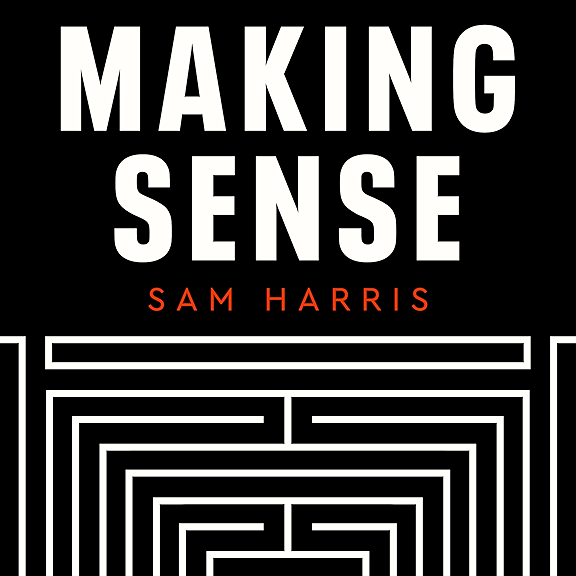
27. Nichola Raihani: The evolution of punishment, ultimate & proximate explanations, and cleaner fish
Nichola Raihani is a professor of evolution and behaviour at University College London. Her research focuses on the evolution of punishment and paranoia. In this conversation, we talk about the fieldwork she did for her PhD in the Kalahari desert, the evolution of punishment, proximate and ultimate explanations, cleaner fish, and Nichola's book The Social Instinct.
BJKS Podcast is a podcast about neuroscience, psychology, and anything vaguely related, hosted by Benjamin James Kuper-Smith. New conversations every other Friday. You can find the podcast on all podcasting platforms (e.g., Spotify, Apple/Google Podcasts, etc.).
Timestamps
00:05: Surnames in science
03:33: Behavioural ecology or psychology?
13:37: What's it like to do fieldwork in the Kalahari desert, habituating birds to humans?
20:41: The evolution of punishment
29:51: Proximate and ultimate explanations in evolution
46:05: What can we learn about human cooperation by studying cleaner fish?
Podcast links
- Website: https://bjks.buzzsprout.com/
- Twitter: https://twitter.com/BjksPodcast
Nichola's links
- Website: http://www.seb-lab.org/
- Google Scholar: https://scholar.google.de/citations?user=u6_SEO4AAAAJ
- Twitter: https://twitter.com/nicholaraihani
Ben's links
- Website: www.bjks.blog/
- Google Scholar: https://scholar.google.co.uk/citations?user=-nWNfvcAAAAJ
- Twitter: https://twitter.com/bjks_tweets
References
Andreoni, J. (1990). Impure altruism and donations to public goods: A theory of warm-glow giving. The economic journal.
Clutton-Brock, T. H., & Parker, G. A. (1995). Punishment in animal societies. Nature.
Laland, K., Uller, T., Feldman, M., Sterelny, K., Müller, G. B., Moczek, A., ... & Strassmann, J. E. (2014). Does evolutionary theory need a rethink?. Nature News.
Laland, K. N., Sterelny, K., Odling-Smee, J., Hoppitt, W., & Uller, T. (2011). Cause and effect in biology revisited: is Mayr’s proximate-ultimate dichotomy still useful? Science.
Raihani, N.J. (2021). The Social Instinct. Penguin.
Raihani, N. J., & Bshary, R. (2019). Punishment: one tool, many uses. Evolutionary Human Sciences.
Raihani, N. J., Thornton, A., & Bshary, R. (2012). Punishment and cooperation in nature. Trends in ecology & evolution.
Raihani, N. J., & McAuliffe, K. (2012). Human punishment is motivated by inequity aversion, not a desire for reciprocity. Biology letters.
Raihani, N. J., McAuliffe, K., Brosnan, S. F., & Bshary, R. (2012). Are cleaner fish, Labroides dimidiatus, inequity averse?. Animal Behaviour.
Raihani, N. J., Grutter, A. S., & Bshary, R. (2010). Punishers benefit from third-party punishment in fish. Science.
Tinbergen, N. (1963). On aims and methods of ethology. Zeitschrift für Tierpsychologie.




















